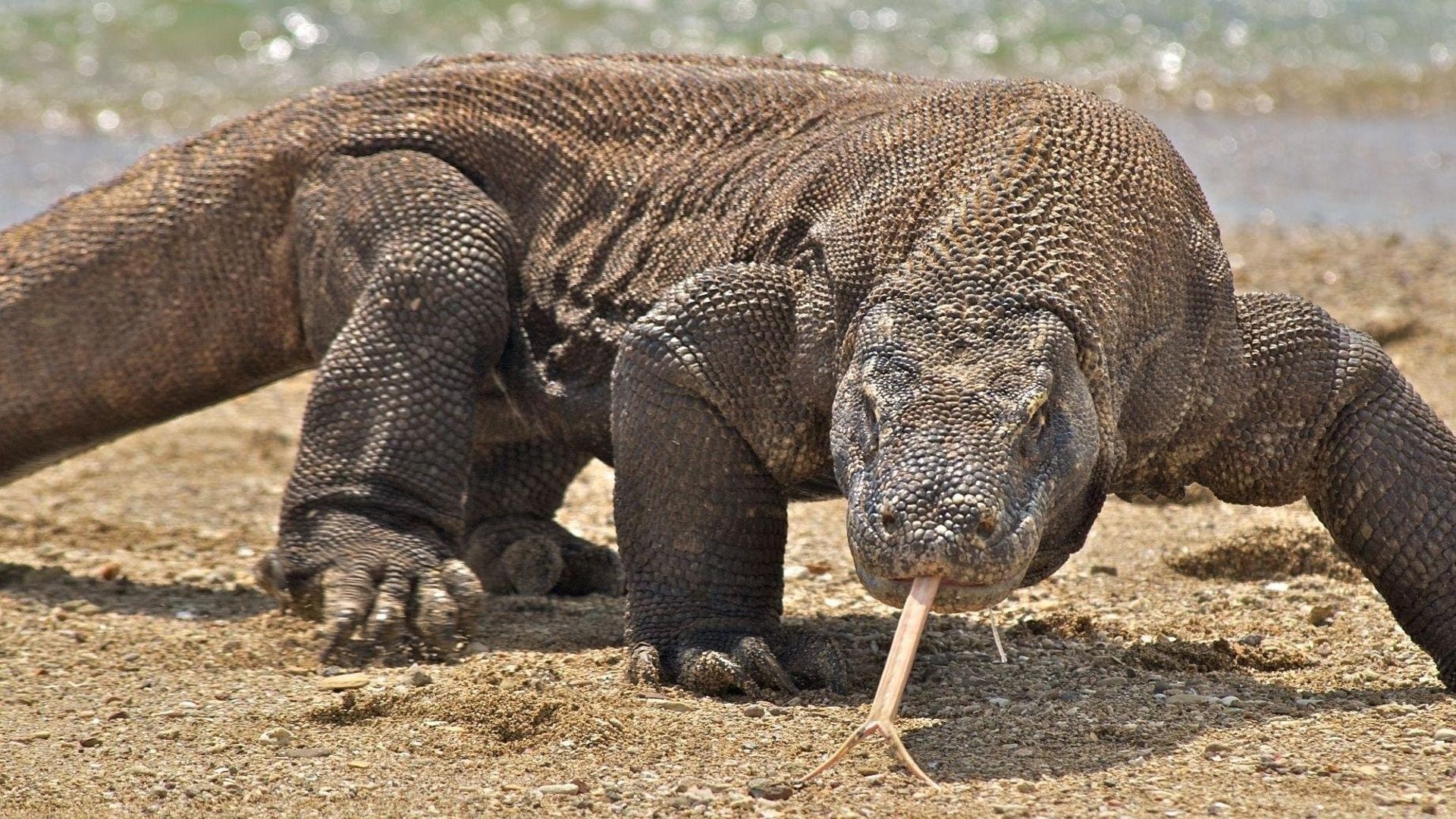In the animal kingdom, size plays a crucial role. As body surface area compared to mass decreases with size, larger animals have an advantage in cold climates, such as the Arctic, where they can conserve heat. In contrast, they face disadvantages in hot and humid environments, requiring adaptations to cool down and conserve water. Being large also confers strength, increasing the chances of defending against predators and rivals. However, size comes with its own set of challenges, such as the need to adapt to gravity, as seen in giraffes, which have evolved long necks to reach food sources. Meanwhile, smaller species may develop unique countermeasures, like toxic defenses, to counter the advantages of larger prey.
Natural World
In the animal kingdom, larger species and individuals have a distinct advantage, boasting a greater skin surface area relative to their mass, which enables them to thrive in cold environments like the Arctic.











